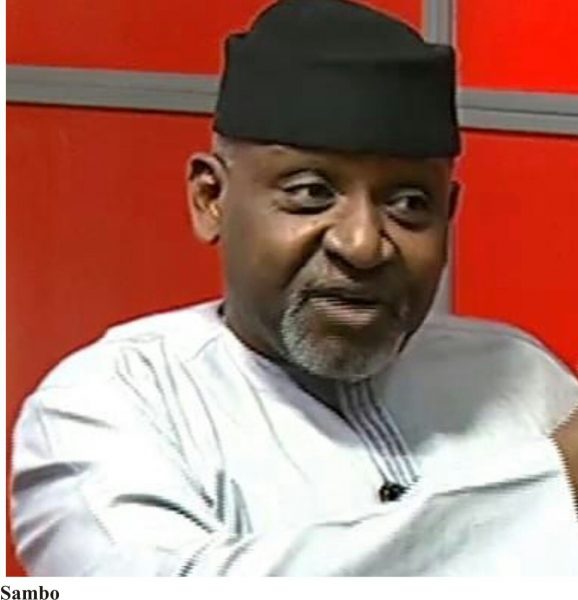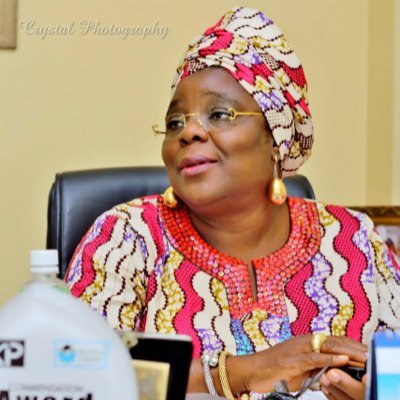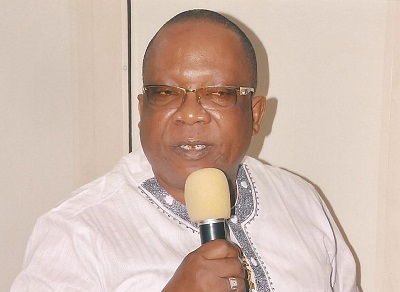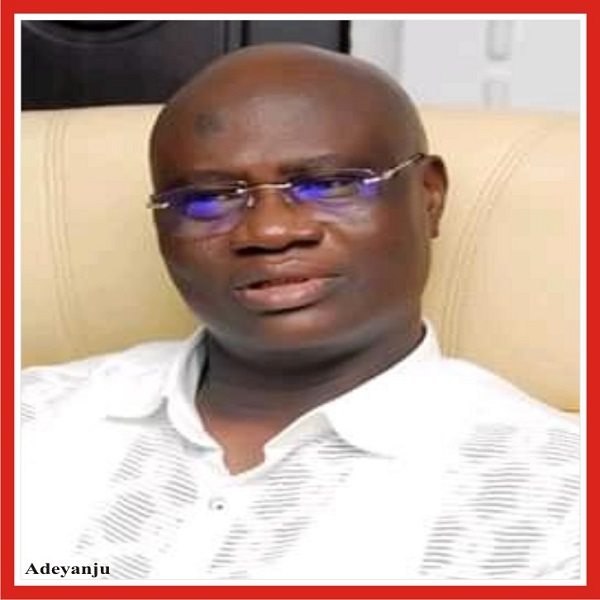NIWA Has Plans To Rid Lagos Waterways Of Toilets – Sambo
By Kenneth Jukpor
Following the recent Ikorodu boat mishap in Lagos State, the General Manager, Lagos Zone of the National Inland Waterways Authority (NIWA), Mr. Muazu Sambo had an exclusive chat with MMS Plus as he reveals preventive measures of the Authority and explains what really transpired. He also discloses plans of the Authority to rid Lagos waterways of toilets.
Excerpts:
Let’s talk about the recent Ikorodu boat mishap, what are the findings by NIWA so far?
The incident occurred on Saturday June 29th in the Lagos Lagoon, between Badore in Ajah (Eti – Osa Local Government Area) and Egbin (Ikorodu L.G.A). The boat reportedly carried twenty one (21) persons including men and women who boarded an unmarked fibre boat W19 with 60HP engine.
The jetty had been sealed by NIWA but Badore jetty is an open place. It is possible that the operators of the Badore jetty haven’t been operating it as the boat operator’s actions to move at 10pm at night may indicate that he was aware of the closure and may have acted without authority from the jetty operators.
All the persons involved have been accounted for, with only three survivors. NIWA also learnt that the capsized boat was scheduled for repairs on the following day. The Authority has effected the arrest of all persons deemed culpable under extant laws, for prosecution in order to serve as a deterrent measure against future occurrences of such gross violations.
The general public and all stakeholders in water transportation should comply with all extant laws and regulations concerning water transportation in order to save lives and prevent needless and avoidable deaths on our waterways.
The ten-passenger boat was already loaded with heavy dredging pipes before he decided to carry the passengers. The passengers actually begged him to carry them and he was eventually decided to carry them with the heavy dredging pipes, yet he still carried more than two times the capacity of the boat.
It is unfortunate that this incident led to the loss of eighteen lives, but what is NIWA doing to prevent recurrence of such incidents?
We are training beach marshals to be located at every jetty and we intend to ensure they are present at the jetties very soon. These beach marshals are going to receive Merchant Navy training and they would be responsible for educating boat operators, discipline the captains. These beach masters would also receive code of conduct highlighting the dos and don’ts. They would ensure that all NIWA rules and regulations are complied with, both on the part of boat operators and passengers. They would ensure that nobody goes onboard boats without life jackets and also ensure that the life jackets are standard and approved life jackets.
Nowadays, in Lagos the sun sets at 7pm so the jetty has to be closed by 6:30pm. The last boat should leave the jetty before 7pm or at most 7:10pm if there are reasons for delay. After this time, it gets too dark for navigation but you find people taking boats by 8pm, 9pm or in the case of the recent Ikorodu incident at 10pm.
We have just entered into partnership with the Association of Tourist Boat Operators and Water Transport of Nigeria (ATBOWATON). We are going to set up beach marshals. These officers will be stationed at all jetties in Lagos to enforce NIWA standards, prioritize safety. They would be kitted and properly trained for this purpose.
One aspect of boat operations that hasn’t been stressed is insurance. What is NIWA doing about this?
Presently, we don’t register any boat that has no insurance. Any boat that carries passengers must provide insurance. We are also looking at the insurance of passengers that utilize these boats.
Our major concern in Lagos now is to introduce standard boats that are fuel efficient to minimize the cost of operating the boats and ensure that the cost on the passengers would be as low as possible. Such boats would also be able to carry as many people as possible. We want to open the Mile 2 to CMS route. There are a lot of people living on that axis that come to Marina for business of work daily. People coming from the Okokomaiko axis, Trade Fair, Satellite and Festac areas should be able to use the waterways from Mile 2 to CMS in few minutes and avoid the numerous problems on the road.
We want to have a jetty around Mile 2 and we would dredge the waters. By next week, we would open up that area as well as the Liverpool and Tin Can areas. Liverpool is already a hub of boat transport but the water isn’t too deep so we intend to dredge the area upto the Tin Can area. These are some of the major projects we intend to carry out before the end of the year. We would also introduce water cleaning machines very soon to carter of the weeds and other debris on the waterways.
While the introduction of water cleaning machines is apt, how about re-emphasizing clean waters because the dirt at Tin Can, Liverpool and most jetties in Lagos is alarming?
It is very unfortunate that Nigerians have a very terrible attitude to life. People just dump refuse everywhere on the waterways just like the roads. You don’t have to travel far abroad to see how people treat the environment with regard. Go to Cotonou, you wouldn’t find all kinds of waste like in Nigeria. There waters are clean because they don’t pollute it.
It is this shambolic attitude of Nigerians that made several governments introduce; War Against Indiscipline, Kick Against Indiscipline, among others. Nigerians always need someone to force them to do the right thing.
From Liverpool to Kirikiri canal, you would be shocked to find that people have built structures on the waterways to serve as toilets. You must have noticed this all the way on the waters and the problem is worst when you pass Mile 2. We have done survey of that route several times this year because NIWA has plans to wipe out these structures. You would be surprised that when we start demolishing these structures Nigerians would begin to support these offenders. Some human right activists may rise up to fight for these people who have placed their toilets on the Lagoon. Must we continue like that? These people should be arrested and prosecuted.
On major Lagos roads, you would find people openly defecating, yet we have local governments, state governments and the federal government. It is important that the local governments in the coastal areas of Lagos state do something about these toilets on the waterways and the state government should also be concerned.
What has delayed the intervention of NIWA on these violators over the years?
One issue is that we plan to do shore protection to lessen the effects of coastal erosion. We definitely have to remove these illegal toilets to do shore protection. The fact that we have done surveys several times this year on this problem indicates that NIWA has plans to wipe out these structures. However, when we start the process I would invite the media to cover the insane reactions that the public would make.
I wouldn’t be surprised to see people carry placards over our activities and they would be supported by human rights activists, whereas, what we are trying to do is to put in place waterways environment and transport system capable of moving about two million people daily in a healthy and safe environment.
I recall that when Chief Lateef Jakande was governor of Lagos State, he had two ferries. One was plying Apapa- CMS and the other Mile 2- CMS. He wanted to introduce the Metro Line which would have changed the face of waterways transportation in Lagos but because of politics at that time, he was frustrated and he abandoned the project. Lagos should have had Metro Line in 1979 or 1980 because Jakande saw the future.








